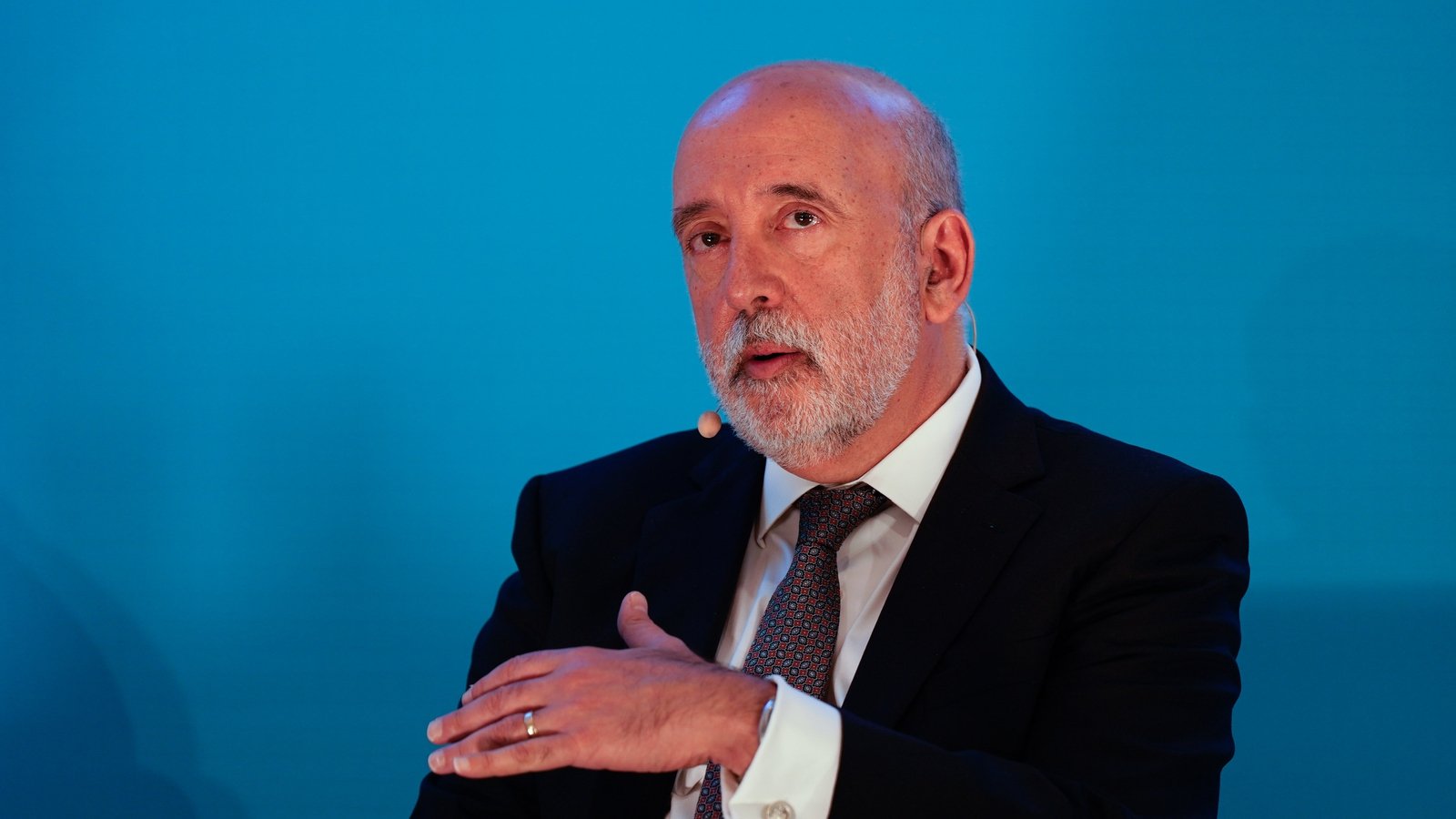Bussiness
Rising geopolitical tensions pose risk: Central Bank

The Central Bank of Ireland has warned that, despite the strength of the Irish economy, risks remain amid rising geopolitical tensions.
In its latest Financial Stability Review the Central Bank said that, while the global economy has been more resilient to higher interest rates than many had expected, rising geopolitical tensions mean further shocks are possible.
That created a particular concern for an open, highly-globalised economy like Ireland.
Central Bank Governor Gabriel Makhlouf said the presence of multinationals in Ireland has brought many benefits but – given the concentration of employment and tax receipts among a small number of firms – an unexpected shock could have an oversized impact.
“Capacity constraints are also testing the Irish economy, and maintaining an appropriate fiscal policy while the economy is at full employment will continue to be key to long-term macroeconomic stability in Ireland,” Governor Makhlouf said.
The review shows the global commercial real estate market has suffered a sharp downturn and that Ireland is not immune from this, with the Dublin office market experiencing one of the largest increases in vacancy rates in Europe.
“Despite the size of the downturn, the impact on the Irish financial system has been contained to date, with diversification of investors and financing sources, coupled with resilience in our core domestic banking sector, helping the financial system to absorb – rather than amplify – the shock,” Governor Makhlouf said.
The report shows that despite the rapid change in mortgage interest rates, 29% of borrowers saw no change in their scheduled repayment between mid-2022 and December 2023 due to fixed rate borrowing.
Another 12% saw a decrease, due to proactive switching behaviour at the beginning of the period of higher interest rates.
The review notes that while businesses have experienced an increase in costs, the domestic economy has supported small and medium-sized enterprises (SMEs).
“There are some signs of distress, however, with insolvencies increasing in certain sectors, albeit from very low levels, and we must continue to monitor closely for any delayed impact of recent shocks,” Governor Makhlouf said.
The report finds that the banking sector has experienced increased profits from higher interest rates, but that profits are expected to moderate this year.
It also said funding costs may increase through competition for deposits, while an increase in loan defaults would further weigh on the sector.
The Financial Stability Review is published twice a year and outlines the Central Bank’s assessment of the main risks facing the financial system, the resilience of the system to those risks, and policy actions to safeguard stability.










